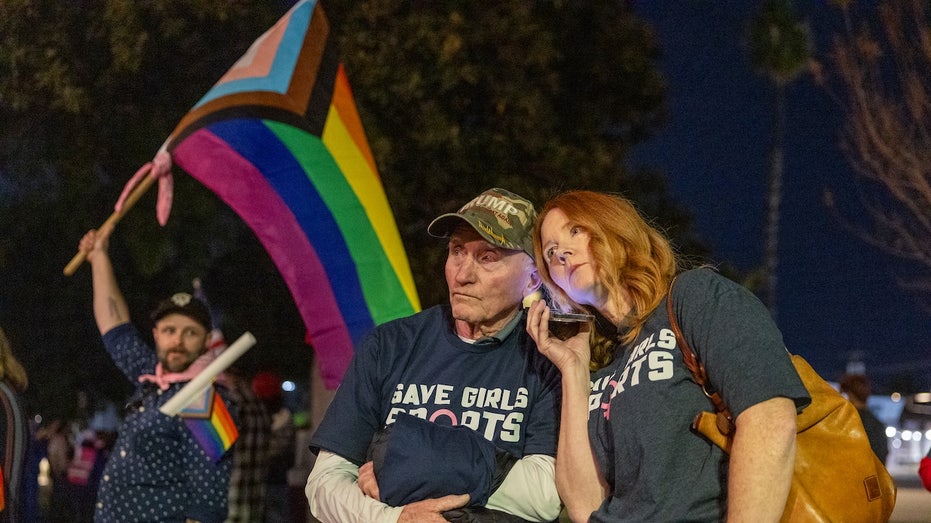Majority of Californians Say No to Transgender Inclusion in Girls' and Women's Sports, Survey Finds

Sarah Johnson
April 19, 2025
Brief
A new survey shows most Californians oppose transgender women competing in female sports, despite state laws allowing it. The issue sparks debate between public opinion and policy.
A new bipartisan survey from the Public Policy Institute of California has revealed that most California residents do not support transgender women and girls, who were assigned male at birth, competing in female sports categories. The data is pretty striking: 65% of adults, 64% of likely voters, and a whopping 71% of public school parents say trans athletes should compete on teams matching their birth sex, not their lived gender identity.
Governor Gavin Newsom himself recently called the inclusion of trans athletes in girls' sports "deeply unfair" on his podcast, but he’s still defending the policy as a gesture of empathy for the trans community. It’s a classic California balancing act—equal parts compassion and controversy.
California isn’t backing down from its stance, either. The California Interscholastic Federation (CIF) reiterated that it will continue letting students play on teams that match their declared gender, as required by state law. This policy, grounded in Education Code section 221.5 (f), has been in place since 2014, thanks to AB 1266. That law allows students to participate in school programs and sports according to their gender identity, regardless of what’s on their official records.
Not everyone is happy about this. Earlier this month, the state assembly, led by Democrats, rejected two bills that would have rolled back these protections and required athletes to compete based on their biological sex only. And the issue’s not just local—U.S. Secretary of Education Linda McMahon has warned Governor Newsom that California’s approach could risk Title IX violations, and potentially threaten federal funding for schools.
McMahon pressed Newsom to remind California schools to comply with federal law and to assure parents that teachers won’t "facilitate the fantasy of ‘gender transitions’" for their children. All this is playing out as California positions itself as the first "sanctuary" state for transgender minors, sparking years of heated debate between state officials and school districts over notification policies and student rights.
So, while California’s laws remain among the most inclusive in the country, the majority of its residents are sending a clear message: when it comes to girls' and women's sports, most want the rules to reflect biological sex, not gender identity. This clash between public opinion and policy is about as California as avocado toast—complex, layered, and bound to spark more debate.
Topics
Editor's Comments
It’s wild how California can pass laws making itself a haven for trans youth, yet most people there still want old-school rules for sports. It’s like hosting a vegan picnic but everyone brings burgers. The political tug-of-war here is exhausting, but you can’t say it isn’t fascinating to watch.
Like this article? Share it with your friends!
If you find this article interesting, feel free to share it with your friends!
Thank you for your support! Sharing is the greatest encouragement for us.


